Directed by Dave Chernin and John Chernin, Netflix’s ‘Incoming’ follows the story of one wild night when four bright-eyed freshmen attend their first high school party to prepare themselves for the terrifying school year ahead of them. Danah’s older brother, Koosh — who is the most popular guy at school — throws one of his legendary parties, and the former’s friends, Benj, Eddie, and Connor, score invites by proxy. As a result, Benj—who has been in love with his older sister’s friend, Bailey, for years—decides to finally make his move.
Nonetheless, as the night progresses, it brings baffling adventures for the fresh-faced teens, kicking off their high school journey in unexpected ways. In charting Benj and his friend’s earliest foray into high school’s unique brand of madness, the film provides a grounded depiction of adolescence. As the central characters undergo relatable experiences in love, life, and friendship, their stories effortlessly resonate with the audience through chaos and mayhem. However, is there any truth to the comedy film’s uninhibited narrative?
Incoming is Partially Based on the Experiences of Brothers Dave and John Chernin
Even though ‘Incoming’ equips a fictional narrative with equally fictitious characters, the film still holds certain ties to reality that accentuate its sense of authenticity. It follows four young kids as they experience the first high school party of their lives. Naturally, the premise presents plenty of opportunity for the narrative to pen an almost universally relatable tale. Simultaneously, genre conventions allow the film to indulge in some outlandish elements without taking away from its realism. Thus, capitalizing on both ideas, brothers Dave Chernin and John Chernin, who co-wrote and directed the film, decided to craft a fictional story with a realistic narrative foundation.
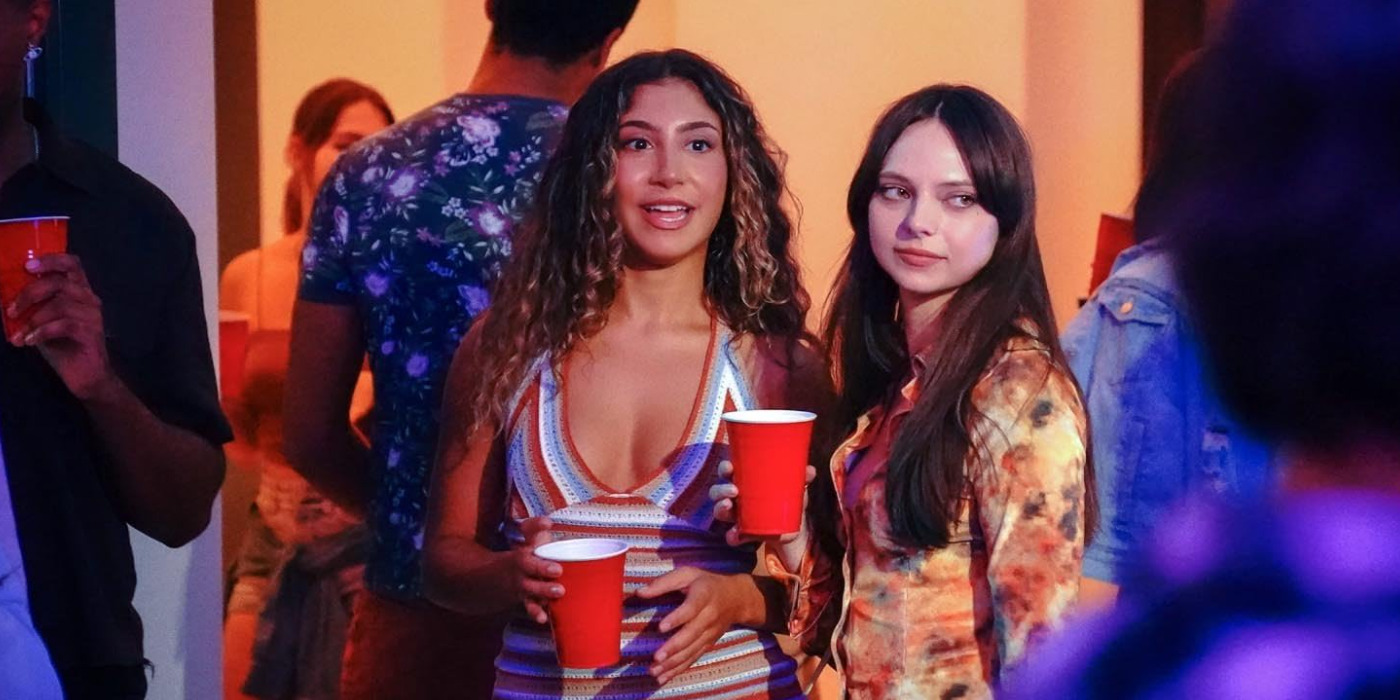
As such, when the Chernin brothers began the project’s writing process, they decided to use their lived experiences as a starting point. In a conversation with Creative Screenwriting, Dave shared, “When we [he and John Chernin] sat down to write this movie, we spent about a week reminiscing about high school and the feelings we felt, some of the first experiences we had and some of the characters that populated our own world.” He further added, “We’re not huge into drawing only from truth, but it definitely starts from a place of truth.”
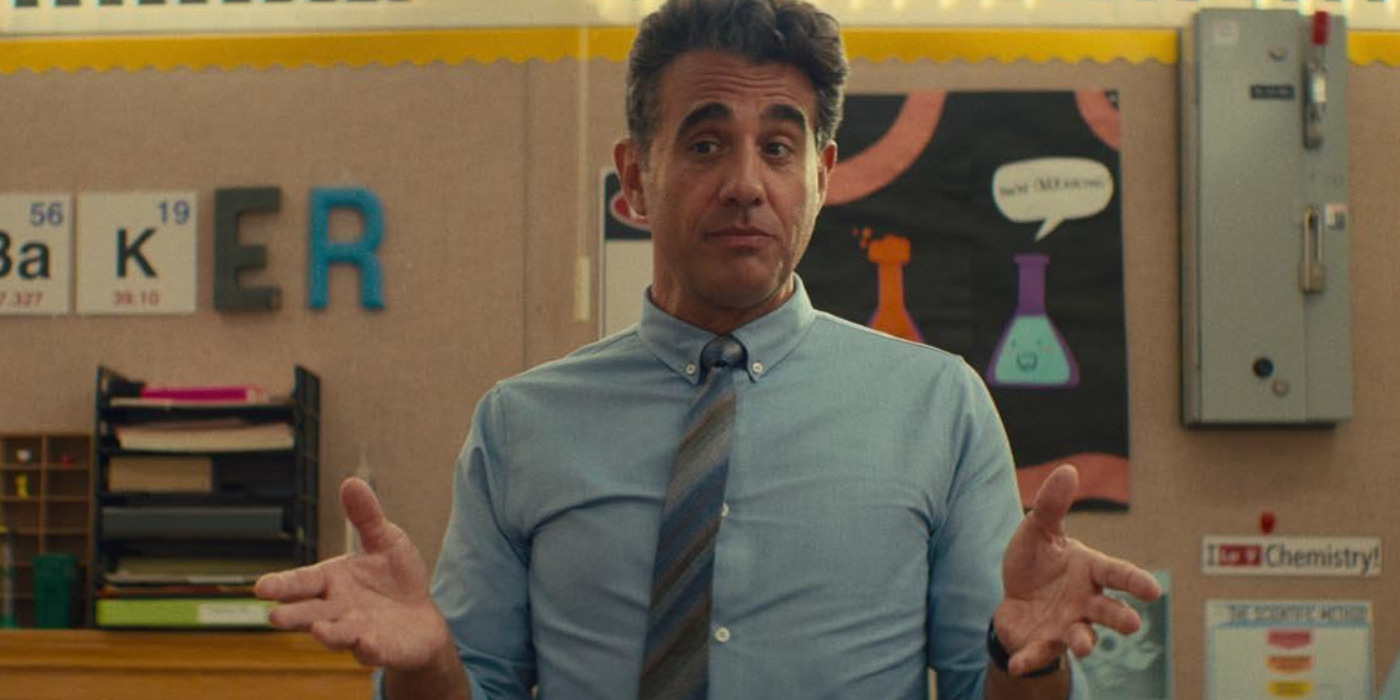
Thus, even though Benj and his friends aren’t cinematic counterparts of any real-life individuals, many of their on-screen storylines are an amplified extension of the Chernin brothers’ experiences. Consequently, while the overarching story remains fictional, several elements within are a reflection of real-life stories. Ultimately, ‘Incoming’ remains more fictional than biographical but retains a realistic origin.
Incoming Presents Authentic Contemporary Teen Experiences
As a comedy film, ‘Incoming’s’ central focus remains on delivering laughs within a chaotically feel-good storyline. However, while Dave Chernin and John Chernin prioritized the same—prizing laughter above all else in this project—they also recognized the value of authenticity when it comes to a project like this. While speaking about the movie, John shared his opinion that a lack of realism often leads films within the R-rated high school comedy genre to fail. For the same reason, the filmmakers infused their own understanding and experiences of the teenage years behind the creation of their characters and the world around them.
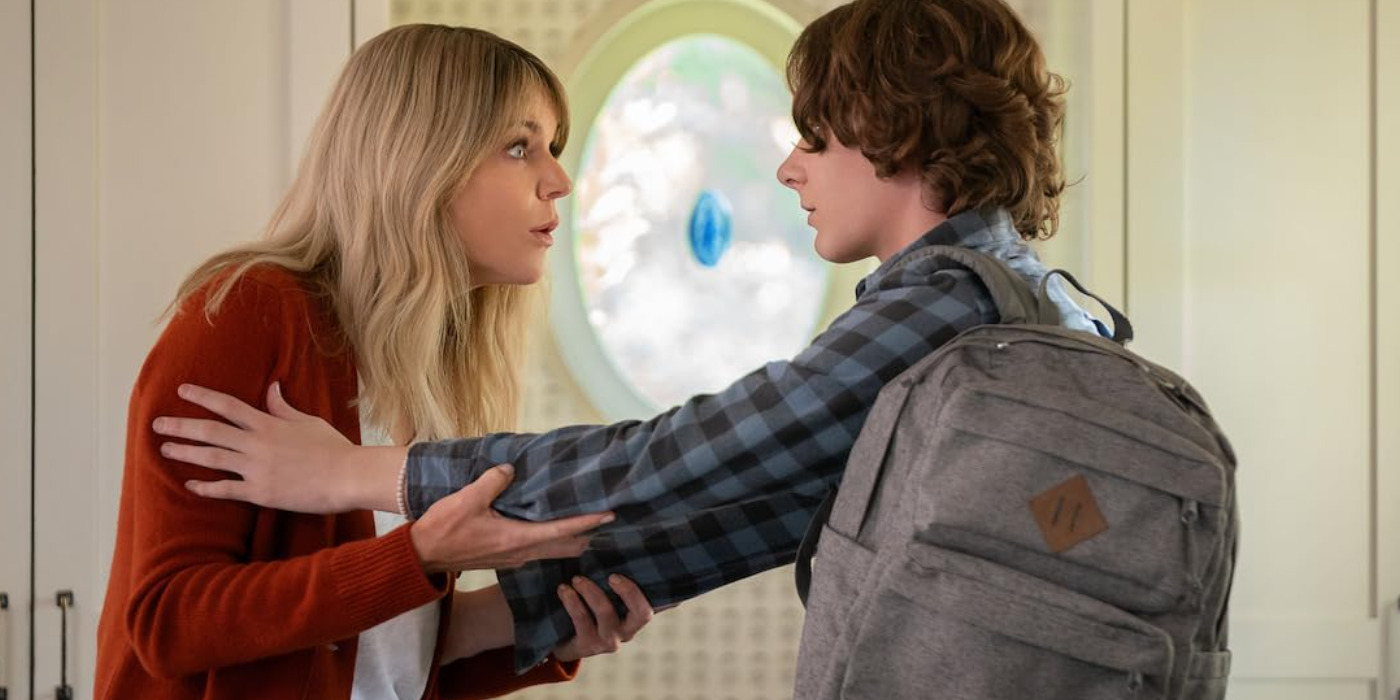
Even so, space remained for one point of disconnect: the generational gap between the Chernin brothers and their target audience. Initially, the duo wrote the film as if it were a high school comedy from the 2000s, calling upon familiar, well-treaded ideas and themes. Yet, afterward, the story underwent slight but significant re-working to assimilate elements that would resonate with modern teenagers. “When we started to write it (‘Incoming’), we outlined the movie, and we finally knew how we wanted it to go,” John said in a conversation with Movie Maker.
“And when we sat down to start pounding the keys on the script, we found ourselves paralyzed for days. How do kids talk? (Or) How big of a thing is social media? Does this whole movie take place on Instagram and Snapchat?,” he added. Dave expanded upon the same, sharing the story’s early and later processes of reverse-engineering. “I think we just wrote it how we talk,” said the filmmaker. “We tried to watch younger stuff and get the vernacular down, but we really just kind of wrote it with the characters in mind. And we encouraged the actors (that) if there’s anything here that feels inauthentic, please raise your hand or change it on the fly.”
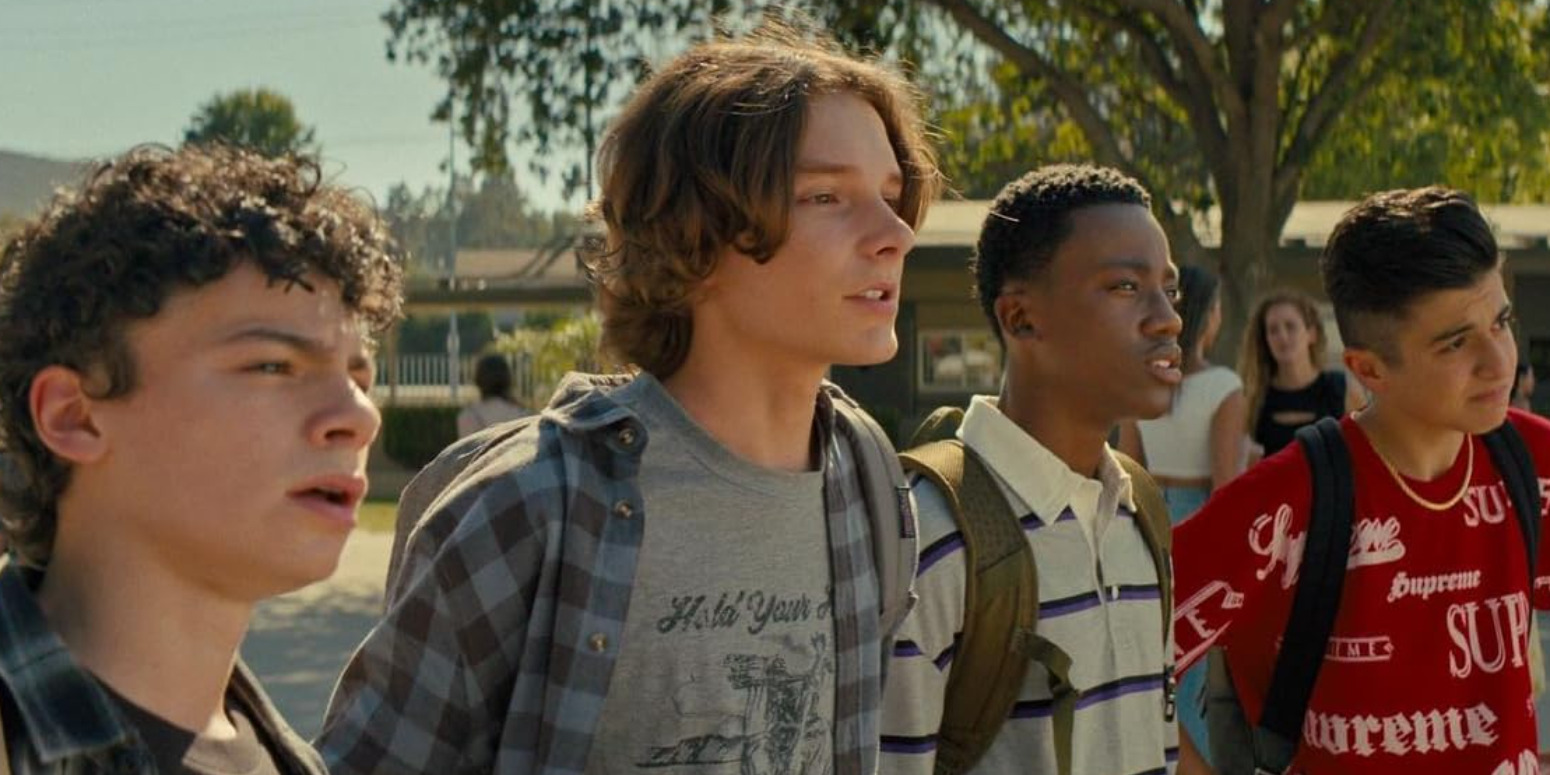
As such, when the film comes together, it retains a nostalgic high school comedy formula reminiscent of the early 2000s work. Yet, it possesses the right elements that can resonate with younger audiences, allowing it to keep up with the contemporary world. Ultimately, with the timeless relatability of the insecurity, reckless abandonment, and bad choices that form the cornerstones of teen movies, ‘Incoming’ retains realism despite its fictional origins.
Read More: Where Was Netflix’s Incoming Filmed?

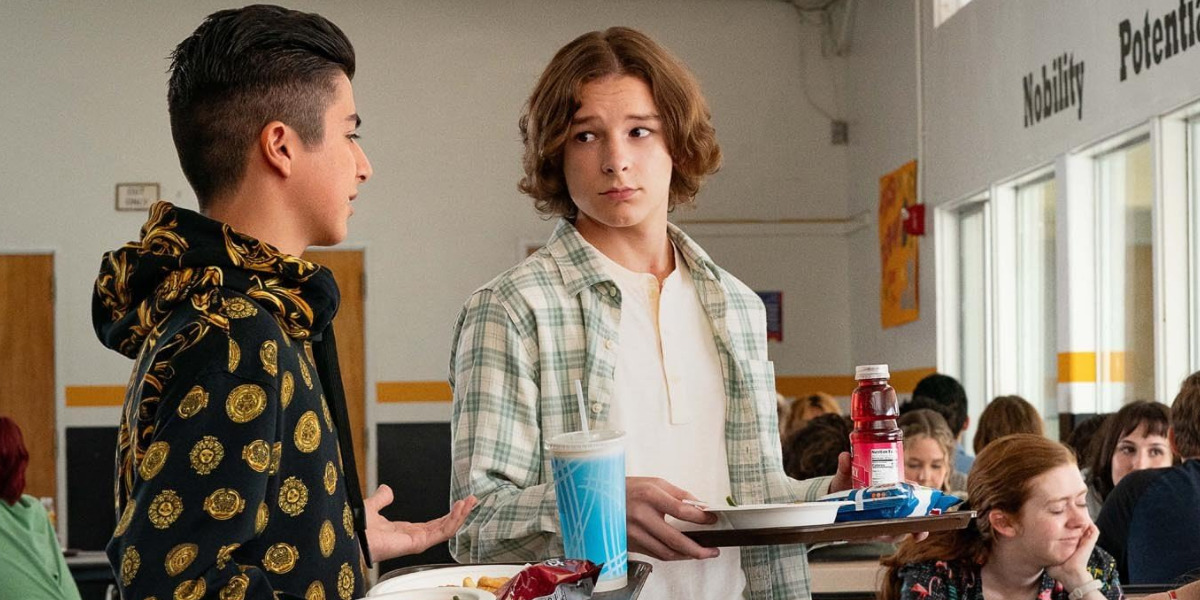
You must be logged in to post a comment.